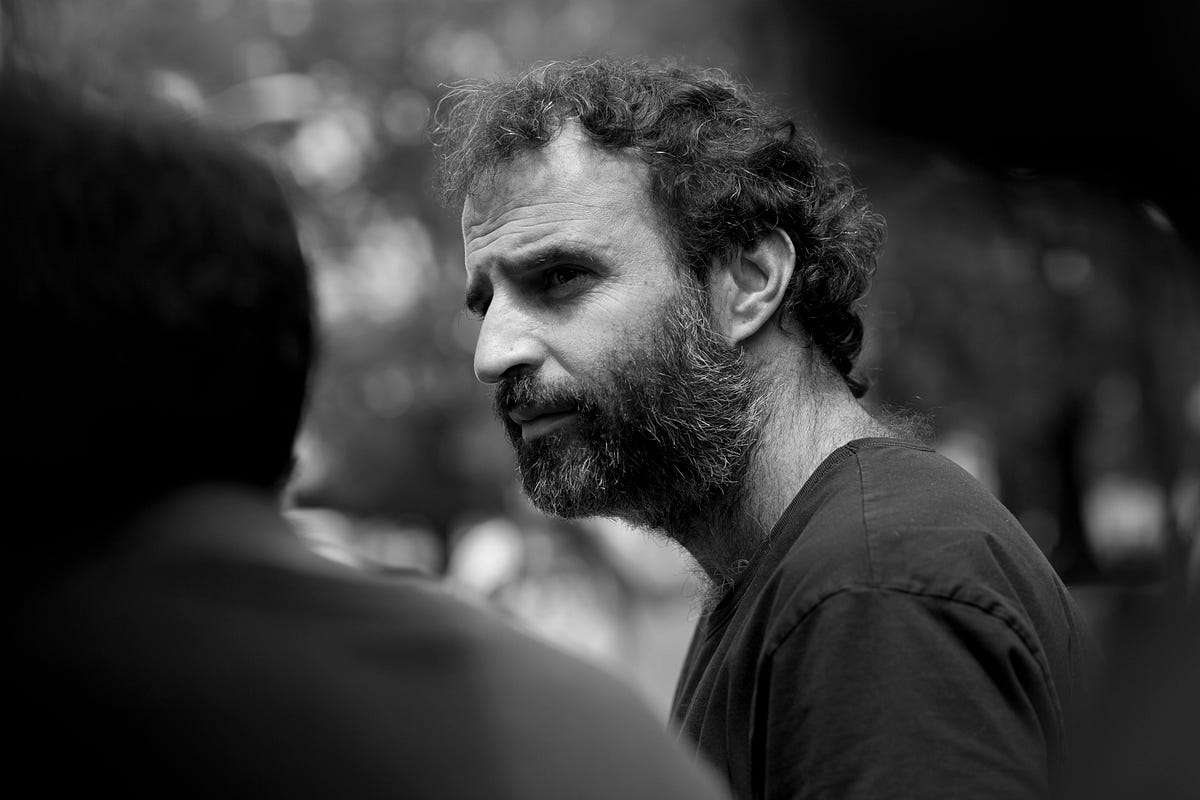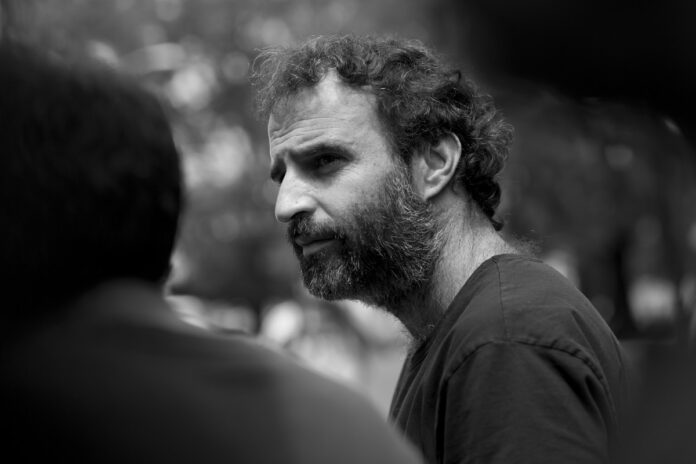Director Sergio Umansky Brener: “Diversity helps one know “the other” and as a result be understanding of our differences”

Work hard, have a clear goal, don’t be too patient and insist, insist and insist!
I had the pleasure to interview Director Sergio Umansky Brener, who is presenting his film Ocho de Cada Diez at the Hola Mexico Film Festival in Los Angeles at the end of the month. Sergio completed his Master of Arts degree at Columbia University with honors, and his thesis film “Here Was the Anthem” went on to win recognition in festivals worldwide, including Sundance, Telluride, Berlin, Aspen, and New Directors/New Films. Soon after, Sergio moved back to Mexico, founded Terricola Films and developed, produced, directed and distributed his first feature film “It’s Better if Gabriela Doesn’t Die”. The film won the“Best First Feature” award at the Cinequest Film Festival and was featured in a number of festivals around the world including AFI, Sao Paolo International Film Festival, and the Guadalajara International Film Festival. After the success of his film, Sergio founded Wowlandia, a company whose mission is to create entertaining educational projects for kids. Today, this initiative has achieved remarkable commercial success throughout the country, and continues to grow. His most recent feature film “Eight out of ten” premiered at the Guadalajara International Film Festival where it received the “Warrior Press Award for Best Film”, and the “Mezcal Award” for “Best Actor” and “Best Actress”. “Eight out of Ten” is only beginning its international festival circuit. The film is scheduled for theatrical release in June 2019. At this point, Sergio is in the development stages of First Times, his new cinematic endeavor, with which he plans to produce September 2019.
Thank you so much for doing this with us! Can you tell us the story of how you grew up?
The story could be quite long if I went into details, but in short, I grew up in Mexico City. I believe my interest in writing and directing happened when I was very young studying at the American School. After a few missteps along the way, I finally studied film at Columbia University and thus began my professional career.
Can you share a story with us about what brought you to this specific career path?
Every year on my birthday my mother tells the same story, about how when I was very young and she took me to the cinema, instead of looking at the screen I would turn around and face the projector. When she asked me why, I supposedly said “I want to know how the images get on the screen”. Maybe this had something to do with it.
Can you tell us the most interesting story that happened to you since you began your career?
Don’t know if it is the most interesting but it is the one that comes to mind: During pre-production of my first feature film, I was worriedly pacing up and down the hallways of Estudios Churubuzco in Mexico City when I was stopped by Mel Gibson, who was here making one of his movies and he looked me in the eye and said “You can’t make films for everybody”. He immediately left without saying anything else but his comment really hit the nail on the head of what I was going through and needed to hear.
What are some of the most interesting or exciting projects you are working on now?
I am very excited about my new future film project titled Fault Lines. It is a coming of age drama about a 14-year-old boy grappling with the experience of his oppressive father’s illness and eventual death. Home alone, confusion reigns as nascent emotions of burgeoning sexuality, cruelty and curiosity become rebellious acts of freedom.
I’m very interested in diversity in the entertainment industry. Can you share three reasons with our readers about why you think it’s important to have diversity represented in film and television? How can that potentially affect our culture?
Diversity helps one know “the other” and as a result be understanding of our differences.
Diversity in film and television promotes empathy toward individuals and cultures.
If the arts are in any way a reflection of life and culture then by necessity they need to include diversity because we live in a diverse world.
Which tips would you recommend to your colleagues in your industry to help them to thrive and not “burn out”?
Work hard, have a clear goal, don’t be too patient and insist, insist and insist!

You are a person of enormous influence. If you could inspire a movement that would bring the most amount of good to the most amount of people, what would that be? You never know what your idea can trigger. 🙂
It would be a movement focused on promoting values and teamwork for children.
Can you please give us your favorite “Life Lesson Quote”? Can you share how that was relevant to you in your life?
“Ni hablar del peluquín”. Its an extremely simple and colloquial saying that to me means that there are things that are just too weird to try to understand or talk about.
How can our readers follow you on social media?
Twitter @ochodecadadiez


